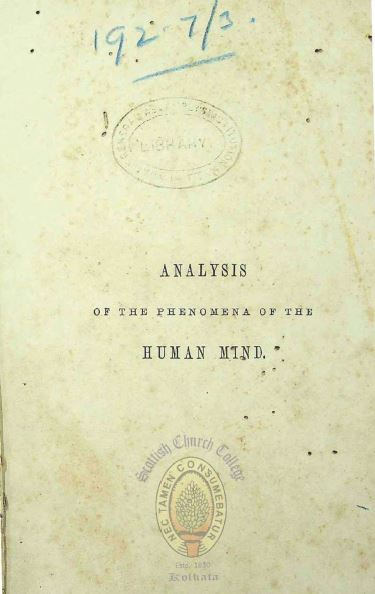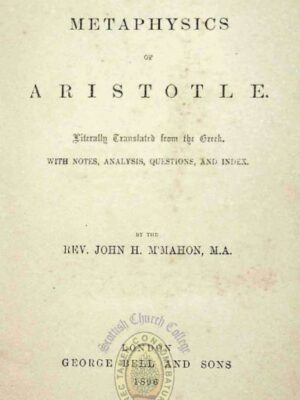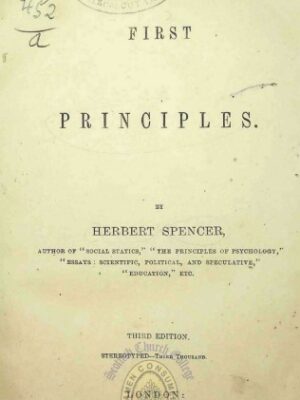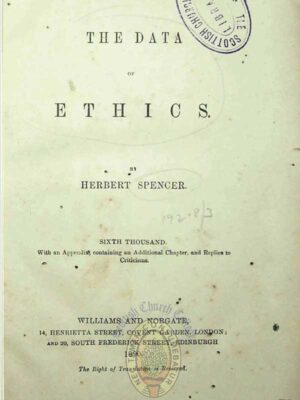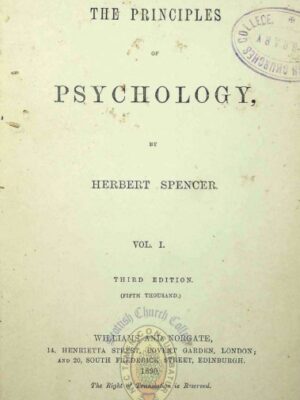Description
Analysis of the Phenomena of the Human Mind (Volume II) by James Mill continues the in-depth exploration of the human mind that was initiated in Volume I. In this volume, Mill applies his utilitarian and associationist framework to further examine the workings of mental processes such as memory, emotions, imagination, and reasoning. Mill is known for reducing complex mental phenomena to their simplest components, following the principles of associationism, which holds that mental processes are formed by the association of ideas.
This second volume delves deeper into topics such as volition, belief, and consciousness, analyzing how complex mental states arise from basic sensory experiences. Mill’s work is strongly influenced by empirical philosophy, particularly by thinkers like John Locke and David Hume, and it represents a foundational contribution to both psychology and philosophy.
This book is crucial for those studying early modern psychology, philosophy of mind, and the development of utilitarian thought. Mill’s rigorous, empirical approach to analyzing mental phenomena provides a significant influence on later thinkers, including his son, John Stuart Mill.

